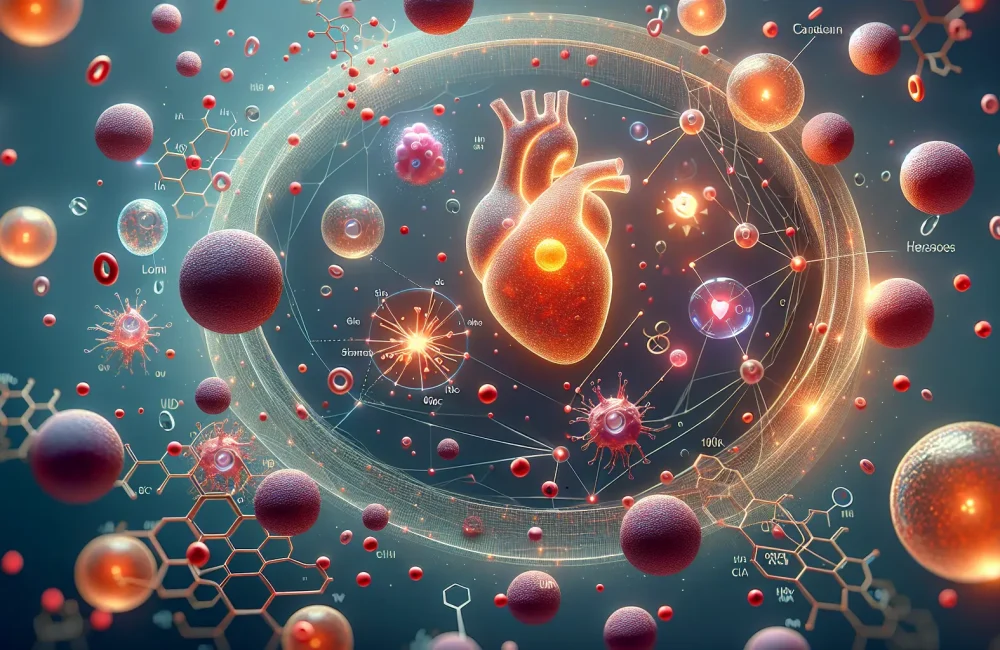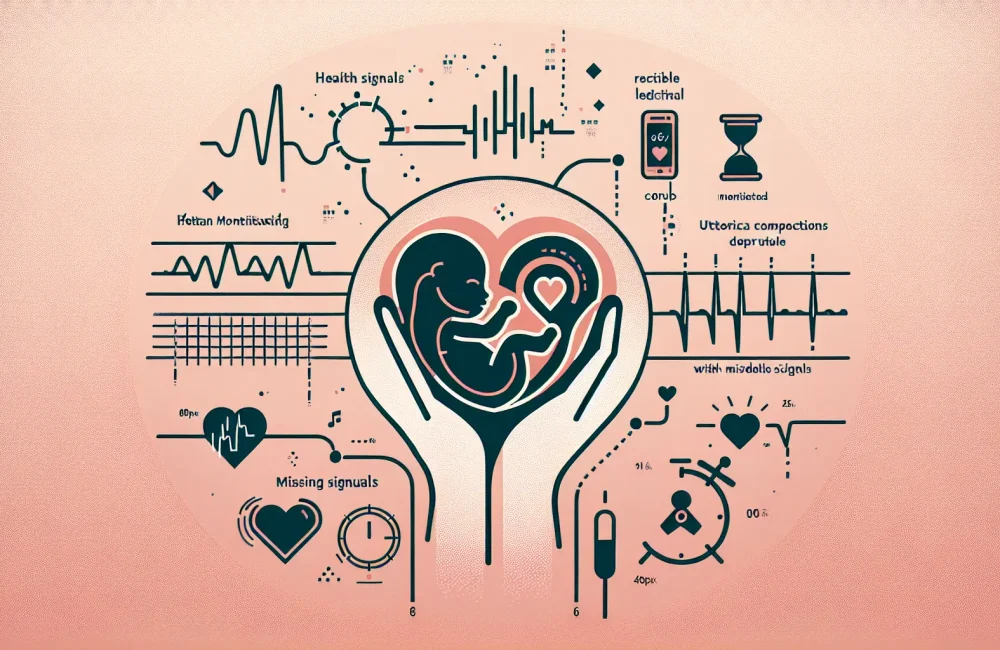By CAFMI AI From npj Cardiovascular Health (Open Access)
Understanding Carotid Intima-Media Thickness and Risk Factors
Carotid artery intima-media thickness (cIMT) is a well-established marker used to evaluate cardiovascular disease risk by measuring the thickness of the carotid artery walls. This study explored how traditional risk factors—such as age, sex, blood pressure, cholesterol levels, smoking, and diabetes—relate to cIMT and how these factors interact with circulating proteins. By integrating vascular imaging with advanced proteomic analysis, researchers aimed to uncover novel protein biomarkers that may signal early vascular changes before clinical symptoms arise. The study sample included a broad population cohort, making the findings relevant to diverse clinical settings.
Protein Biomarkers and Their Clinical Implications
The study identified specific proteins that correlate independently with cIMT, suggesting these protein signatures play a role in arterial wall remodeling and the development of atherosclerosis. These proteins provide additional insight beyond traditional cardiovascular risk factors, offering potential targets for early detection and therapeutic intervention. For clinicians, this means there could be new tools to improve risk stratification in patients who might otherwise appear at moderate risk based solely on conventional measures. Monitoring such protein markers may enhance personalized approaches to cardiovascular prevention and help guide management decisions more precisely.
Integrating Proteomic Insights into Primary Care
For primary care physicians, understanding the combined impact of traditional risk factors and these novel protein biomarkers is crucial to optimizing cardiovascular risk assessment and prevention strategies. While routine measurement of cIMT or proteomic profiling is not yet standard practice, awareness of these emerging markers informs a more nuanced view of atherosclerosis pathophysiology and underscores the importance of individualized care plans. The findings encourage ongoing research and suggest that future development of accessible biomarker panels could greatly enhance early diagnosis and tailored treatment, ultimately improving patient outcomes in cardiovascular disease management.
Read The Original Publication Here






